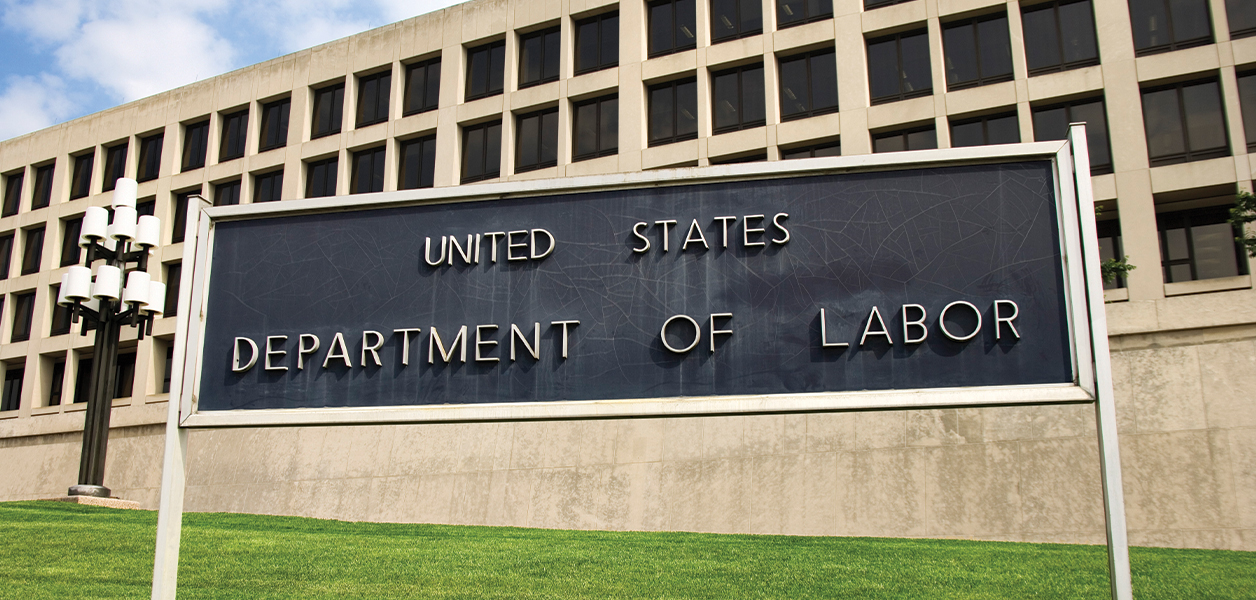By Trent Cotney
Roofing contractors face a uniquely volatile labor market. Union negotiations, state and local prevailing wage ordinances, and rapid shifts in federal policy involving immigration can drive wage rates upward with little warning. To guard against cost overruns that neither party could reasonably predict at bid time, contractors should consider adopting a narrowly tailored labor cost escalation clause. The following provision illustrates a balanced approach that preserves project momentum while remaining fully compliant with consumer protection and fair contracting principles.
Sample provision:
In the event of a significant and unforeseeable increase in labor costs due to changes in market conditions, government regulations, collective bargaining agreements, or other external factors beyond the Contractor’s control, the Contractor shall be entitled to request an equitable adjustment to the Contract Price.
The Contractor must provide written notice of the labor rate increase within 5 days of its occurrence, including documentation supporting the change. The Parties shall negotiate in good faith to determine a fair adjustment to the Contract Price or project schedule, if applicable. If the Parties are unable to reach an agreement within 5 days after notice is provided, the dispute shall be resolved in accordance with the dispute resolution provisions of this Contract. This clause does not apply to labor cost changes resulting from the Contractor’s own business decisions, mismanagement, or inefficiencies.
Provision synopsis
The clause gives a contractor a conditional right to alter the contract price when changes in federal, state or local wage laws; union agreements; prevailing wage requirements; or other legally mandated adjustments increase direct labor costs after execution but before completion. The trigger is an “external legal mandate,” which means a contractor may not invoke it to cure estimating errors or voluntary wage hikes. The language also expressly covers multitiered subcontract labor, preventing disputes over whether only self-performed work qualifies.
Notice and negotiation mechanics
Upon learning of a cost change, a contractor must issue written notice detailing the incremental labor expense. This transparency satisfies common law duties of good faith and, where applicable, residential consumer statutes requiring change order documentation. The owner then has two options: accept the revised price or collaborate on scope or schedule adjustments to offset the increase. A five-day window prevents the issue from lingering while still giving owners time to evaluate budgets or financing. Absent agreement, the parties can look to the dispute resolution process within the contract, which could include an Initial Decision Maker decision.
Why this structure is enforceable
Courts generally uphold escalation clauses when triggers are external, notice is prompt and owners are given a genuine choice. The clause addresses all three factors. Because the right to change a contract’s price is limited to legally compelled wage increases, it should withstand unconscionability challenges. Moreover, the built-in negotiation period and dispute resolution option demonstrate procedural fairness, reducing exposure under state unfair trade practice laws that scrutinize price adjustments in construction contracts.
Strategic benefits for both parties
For contractors, the clause converts unpredictable statutory risk into a manageable, contract defined process, protecting slim margins without inflating upfront bids. Owners benefit from early warning of cost impacts and a structured path to maintain budget discipline either by accepting the change, reducing scope or resequencing work. Importantly, the language never references immigration, workforce status or other sensitive topics; it focuses solely on lawful wage mandates, maintaining compliance with regulations and public policy considerations.
This escalation clause offers a pragmatic, legally defensible way to allocate unforeseen labor cost increases in the current shifting regulatory landscape. Roofing contractors who operate in multiple jurisdictions or who must pivot quickly to new wage rules should consider incorporating similar language, tailored to local law and reviewed by counsel, to ensure projects remain profitable and on schedule without sacrificing transparency or fairness.
This escalation clause offers a pragmatic, legally defensible way to allocate unforeseen labor cost increases in the current shifting regulatory landscape. Roofing contractors who operate in multiple jurisdictions or who must pivot quickly to new wage rules should consider incorporating similar language, tailored to local law and reviewed by counsel, to ensure projects remain profitable and on schedule without sacrificing transparency or fairness.
The information contained in this article is for general educational information only. This information does not constitute legal advice, is not intended to constitute legal advice, nor should it be relied upon as legal advice for your specific factual pattern or situation.
The information contained in this article is for general educational information only. This information does not constitute legal advice, is not intended to constitute legal advice, nor should it be relied upon as legal advice for your specific factual pattern or situation.
Trent Cotney is a partner and construction team leader at law firm Adams and Reese LLP and NRCA’s general counsel. You can reach him at trent.cotney@arlaw.com or (866) 303-5868.




